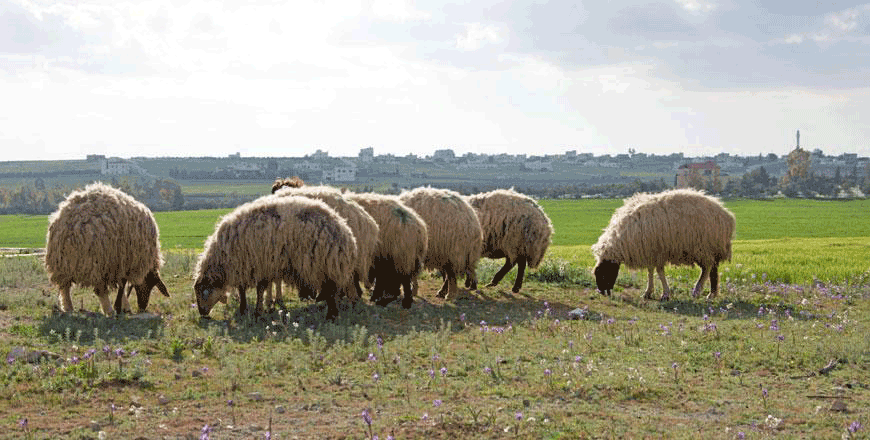AMMAN — According to Head of the Livestock Breeders Association Zaal Kawalit, prices of imported meat have increased due to tight supply and increased demand ahead of Ramadan.
Meat from a small imported sheep is currently sold for around JD8.50 instead of JD7 per kilogramme, while the price of large imported sheep remains stable at JD6.50 for one kilogramme of meat, he told The Jordan Times.
The price of local sheep meat did not witness an increase, according to Kawalit.
Large local sheep, which weigh around 20 kilogrammes, are sold for JD9.50 per kilogramme, while small local sheep weighing around 12 kilogrammes are sold for JD11 to JD12 per kilogramme, he said.
However, imported meat covers 70 per cent of the needs of the local market, added Kawalit, noting that Jordan imports live, fresh and frozen meat from over 18 countries.
“Prices have increased partly because the supply is usually low during this time of the year, as lambing begins in November, but lambs can be brought to the market and slaughtered at six to eight months old,” he said.
Another contributing factor is the increased demand during Ramadan, caused by shifting consumer habits driven by charity “iftars”, or meals eaten to break the daily fast, and large feasts shared with family and friends, he continued. Kawalit went on to predict a decrease in prices during the second half of Ramadan.
Kawalit also pointed out that the rainfall during March, heralding a longer period of green pastures, will reflect positively on the diet of livestock animals, increasing the quantity and quality of dairy and meat.
This might also lower the prices of local meat, as it helps relieve farmers of the high financial burden of the “heavy” dependence on fodder during the long drought periods over the past two years, he said.
